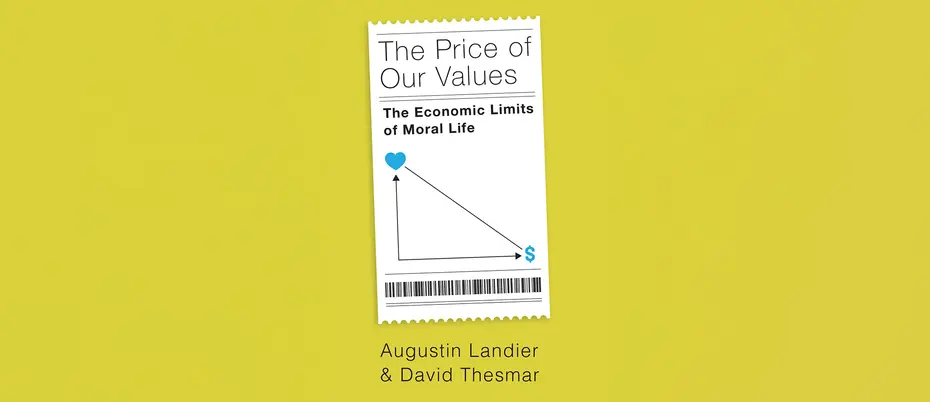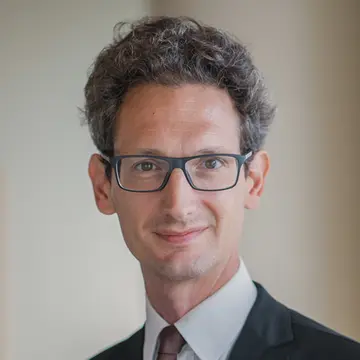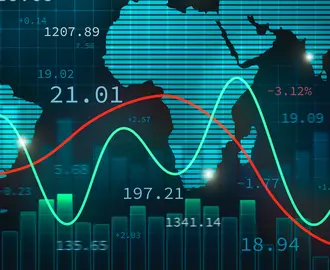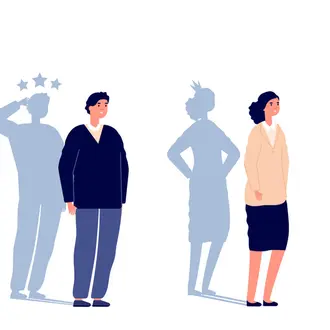Key MIT Sloan takeaways: There are hidden economic costs behind our morals
- Moral–economic tradeoffs are unavoidable. People constantly face decisions where moral values and economic interests conflict, and acknowledging these tensions is essential for responsible decision‑making.
- People are willing to “pay” for their values — but not equally. Survey data shows wide variation in how much extra people will spend to uphold moral principles, revealing inconsistent but genuine willingness to compromise economically.
- Understanding these tradeoffs leads to better choices. Integrating moral reasoning with economic reality helps individuals and policymakers make clearer, more principled, and pragmatic decisions.
Featured Experts
Cambridge, Mass., July 3, 2025 — In a world increasingly defined by moral complexity and economic tradeoffs, MIT Sloan School of Management professor offers a thought-provoking exploration of how individuals and societies navigate the tension between doing well and doing good.
“Modern life is an exercise in discomfort,” Thesmar says. “We’re constantly forced to reconcile our desire to thrive — individually or collectively — with our sense of justice and morality. This book is about acknowledging those tradeoffs and learning how to navigate them honestly.”
In his new book, The Price of Our Values: The Economic Limits of Moral Life, co-authored with Augustin Landier, professor at HEC Paris, Thesmar challenges readers to confront the uncomfortable but necessary integration of moral and economic thinking. Published by the University of Chicago Press, the book examines how people weigh personal and societal values against economic incentives — and what happens when those values come at a cost.
“Most moral-economic tradeoffs are inevitable,” said Thesmar. “People constantly face decisions where moral values and economic interests conflict. Denying these tensions doesn’t make them go away, and acknowledging them is the first step toward responsible decision-making.”
Drawing on insights from economics, philosophy, sociology, and psychology, the authors present a series of real-world dilemmas — from immigration and education, to career choices, responsible investing and public policy — that reveal how individuals balance moral convictions with economic realities. Through original surveys and data, they explore how much people are willing to “pay” for their values, offering a nuanced look at the diversity of moral perspectives in society.
For example, respondents were asked questions like: “How much more would you be willing to pay for goods to protect American jobs from foreign competition?” Most said they were willing to pay a premium, but the amount varied widely, showing a hesitancy, but also a willingness, to compromise.
Additionally, when asked if they would prefer a congestion tax or continue with traffic and parking chaos, many preferred dysfunction over a tax, revealing discomfort with monetizing access to public space.
“It’s not about choosing between morality and economics — it’s about recognizing that we’re always choosing,” said Thesmar. “By confronting the tradeoffs we face, we can stop pretending our values are free and start making decisions that are both principled and practical.”
About the MIT Sloan School of Management
The MIT Sloan School of Management is where smart, independent leaders come together to solve problems, create new organizations, and improve the world. Learn more at mitsloan.mit.edu.





